Blog
Sleep Apnea Appliances: Complete Guide & Types
August 5, 2025 / DENTISTRY
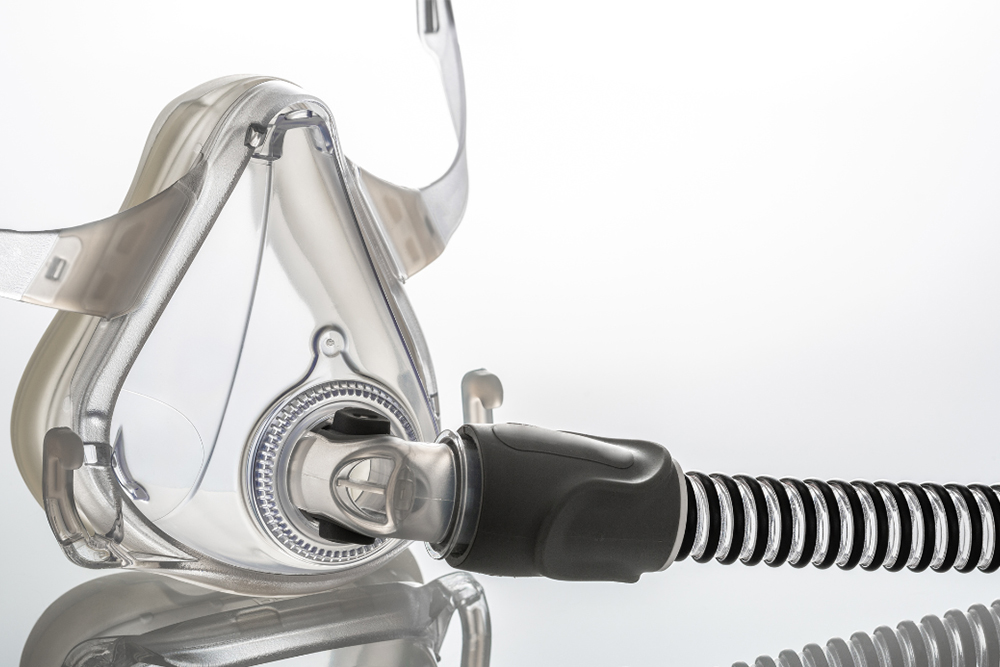
Sleep Apnea Appliances: A Comprehensive Guide
As a Canadian dentist specializing in sleep medicine, I've witnessed the transformative impact of sleep apnea appliances on patients' lives. At Downtown Whitby Dentistry, we've helped countless individuals overcome sleep disorders through carefully selected and custom-fitted sleep apnea appliances. Today, I'll provide a comprehensive guide to understanding these devices, their mechanisms, and their effectiveness in treating obstructive sleep apnea.
Sleep apnea appliances represent a revolutionary advancement in non-invasive sleep disorder treatment. These devices offer an alternative to CPAP therapy for many patients. Furthermore, the variety of available sleep apnea appliances ensures that most patients can find a suitable solution for their specific needs.
How Sleep Apnea Appliances Work to Treat Sleep Disorders
Sleep apnea appliances work by addressing the underlying anatomical factors that cause airway obstruction during sleep. These devices primarily function by repositioning the jaw, tongue, or soft tissues. Consequently, patients experience fewer breathing interruptions and improved sleep quality.
The mechanism of action varies among different types of sleep apnea appliances. However, all devices share the common goal of preventing airway collapse during sleep. Additionally, these appliances are designed to be comfortable enough for nightly use while providing effective treatment outcomes.
Moreover, sleep apnea appliances offer several advantages over traditional CPAP therapy. They're typically more portable, quieter, and easier to maintain than CPAP machines. Furthermore, many patients find sleep apnea appliances more comfortable and less intrusive than wearing a CPAP mask throughout the night.
Mandibular Advancement Sleep Apnea Appliances Explained
Mandibular advancement devices represent the most commonly prescribed type of sleep apnea appliances. These devices work by gently advancing the lower jaw forward. This increases the space behind the tongue and prevents airway collapse. The forward positioning also tightens soft tissues in the throat, reducing vibration and snoring.
The effectiveness of mandibular advancement sleep apnea appliances is well-documented in clinical research. Studies consistently show significant reductions in apnea-hypopnea index scores. Additionally, patients often report better sleep quality and reduced daytime fatigue when using these devices.
Furthermore, modern mandibular advancement sleep apnea appliances feature adjustable mechanisms. These allow for precise jaw positioning. This adjustability ensures optimal treatment effectiveness while maintaining patient comfort. The devices are custom-made from dental impressions, ensuring a perfect fit for each individual patient.
Tongue Retaining Sleep Apnea Appliances: Alternative Options
Tongue retaining devices represent another category of sleep apnea appliances that work through a different mechanism. These devices use gentle suction to hold the tongue in a forward position. This prevents the tongue from falling back and blocking the airway during sleep. This approach is particularly effective for patients whose sleep apnea is primarily caused by tongue-based obstruction.
The design of tongue retaining sleep apnea appliances makes them suitable for patients who cannot tolerate jaw advancement devices. Additionally, these devices may be recommended for patients with certain dental conditions. They're also suitable for those with jaw joint problems that preclude the use of mandibular advancement appliances.
Moreover, tongue retaining sleep apnea appliances require minimal dental work for fitting. The devices don't attach to teeth, making them suitable for patients with dental restorations or missing teeth. However, proper fitting and adjustment remain crucial for optimal effectiveness and patient comfort.
Hybrid Sleep Apnea Appliances: Advanced Treatment Solutions
Hybrid sleep apnea appliances combine features from different device types to address complex sleep apnea cases. These advanced devices may incorporate both jaw advancement and tongue positioning mechanisms. This provides comprehensive airway management. Consequently, hybrid appliances often achieve superior treatment outcomes for patients with severe or complex sleep apnea.
The development of hybrid sleep apnea appliances represents the latest advancement in oral appliance therapy. These devices are typically recommended for patients who haven't achieved adequate results with single-mechanism appliances. Additionally, hybrid devices may be suitable for patients with multiple anatomical factors contributing to their sleep apnea.
Furthermore, hybrid sleep apnea appliances often feature advanced adjustment mechanisms. These allow for fine-tuning of multiple parameters. This adjustability enables practitioners to optimize treatment effectiveness while maintaining patient comfort and compliance.
Benefits of Using Sleep Apnea Appliances Over CPAP
Sleep apnea appliances offer numerous advantages compared to other treatment modalities. Unlike CPAP therapy, these devices don't require electricity. This makes them ideal for travel and camping. Additionally, sleep apnea appliances are silent, eliminating the noise concerns associated with CPAP machines.
The portability of sleep apnea appliances makes them particularly appealing to frequent travelers. These devices fit easily in a small case. They don't require special accommodations or power sources. Furthermore, sleep apnea appliances don't interfere with sleeping positions. This allows patients to sleep comfortably on their sides or stomachs.
Moreover, sleep apnea appliances typically have higher patient compliance rates than CPAP therapy. The comfort and convenience of these devices encourage consistent nightly use. This is essential for effective sleep apnea treatment. Additionally, sleep apnea appliances require minimal maintenance compared to CPAP equipment.
Effectiveness Rates of Different Sleep Apnea Appliances
Clinical studies demonstrate that sleep apnea appliances are highly effective for treating mild to moderate obstructive sleep apnea. Success rates typically range from 70-90% for appropriate candidates. Success is defined as significant reduction in apnea-hypopnea index scores. Additionally, many patients experience complete resolution of snoring when using these devices.
The effectiveness of sleep apnea appliances depends on several factors. These include device type, proper fitting, and patient compliance. Custom-fitted appliances generally achieve better outcomes than over-the-counter alternatives. Furthermore, regular follow-up appointments ensure optimal device adjustment and treatment effectiveness.
Moreover, sleep apnea appliances can be effective for some patients with severe sleep apnea. This is particularly true when CPAP therapy isn't tolerated. The key is proper patient selection and device customization. This is based on individual anatomical factors and sleep study results.
Selecting the Right Sleep Apnea Appliances for Treatment
Selecting appropriate sleep apnea appliances requires comprehensive evaluation by a qualified dental sleep medicine practitioner. The process begins with thorough assessment of sleep study results, oral anatomy, and dental health. Additionally, we consider lifestyle factors and treatment preferences when recommending specific devices.
At Downtown Whitby Dentistry, we utilize advanced diagnostic tools to determine the most suitable sleep apnea appliances for each patient. This includes detailed oral examinations, jaw movement analysis, and sometimes additional imaging studies. Furthermore, we work closely with sleep physicians to ensure coordinated care and optimal treatment outcomes.
The fitting process for sleep apnea appliances involves taking precise dental impressions and measurements. These are used to fabricate custom devices that fit comfortably and function effectively. Additionally, we provide thorough instructions on device use, care, and maintenance to ensure long-term success.
Caring for Your Sleep Apnea Appliances Properly
Proper maintenance is essential for the longevity and effectiveness of sleep apnea appliances. Daily cleaning with appropriate solutions helps prevent bacterial growth and maintains device hygiene. Additionally, regular inspection for wear or damage ensures continued effectiveness and safety.
The lifespan of sleep apnea appliances typically ranges from 3-7 years. This depends on the device type and patient factors. Regular follow-up appointments allow for assessment of device condition and treatment effectiveness. Furthermore, we can make adjustments or repairs as needed to maintain optimal function.
Moreover, proper storage and handling of sleep apnea appliances help prevent damage and extend device life. We provide detailed care instructions and recommend specific cleaning products. This ensures optimal device maintenance and hygiene.
Sleep apnea appliances offer an effective, comfortable alternative to CPAP therapy for many patients with obstructive sleep apnea. The variety of available devices ensures that most patients can find a suitable treatment option. If you're struggling with sleep apnea or CPAP intolerance, contact Downtown Whitby Dentistry. Learn more about sleep apnea appliances and determine if they're right for you.
Archive
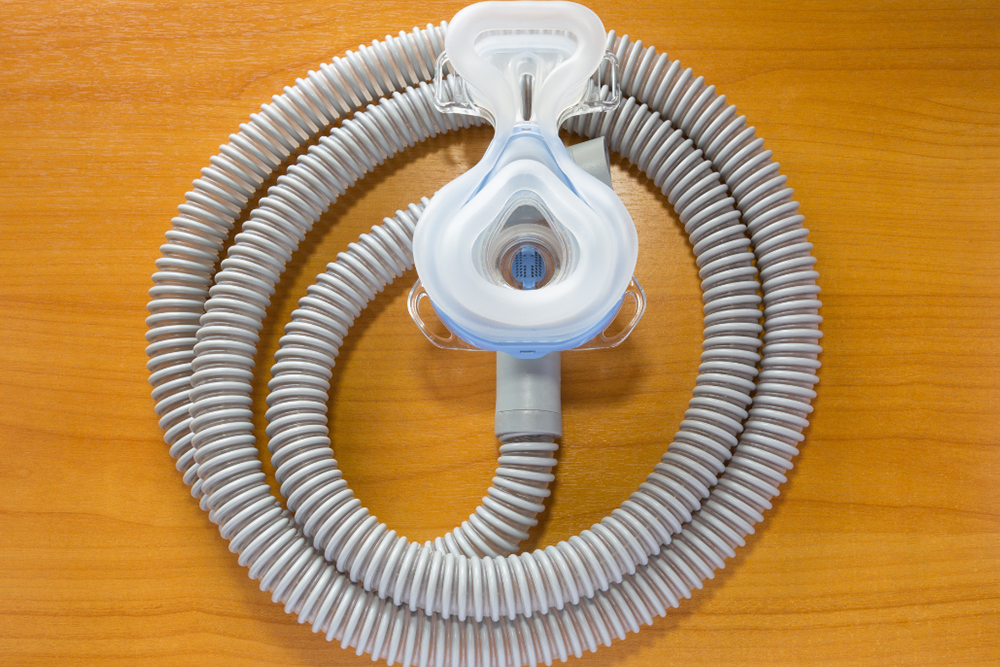
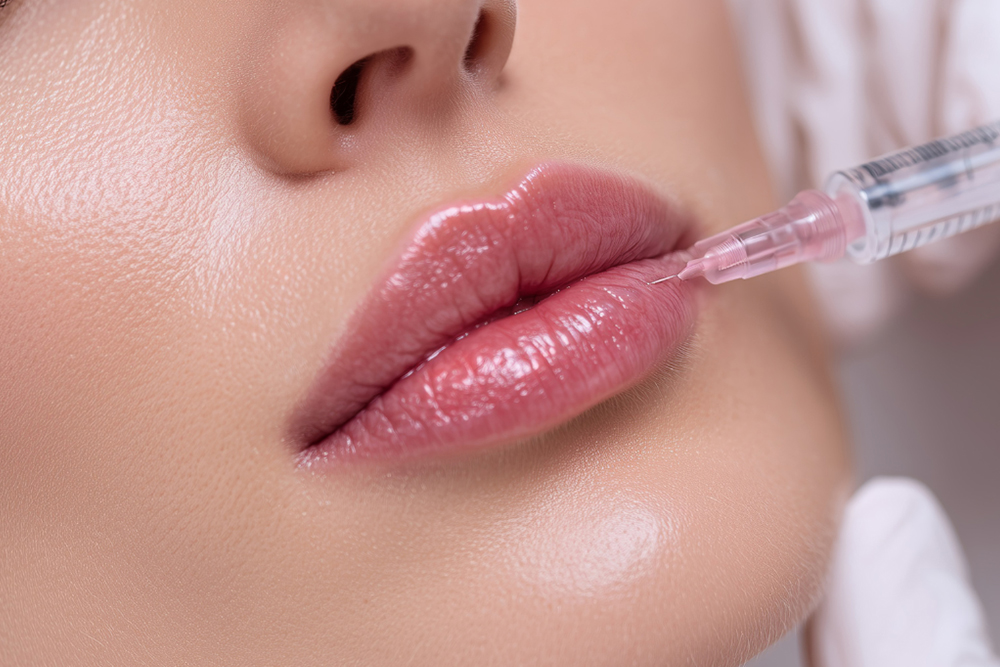
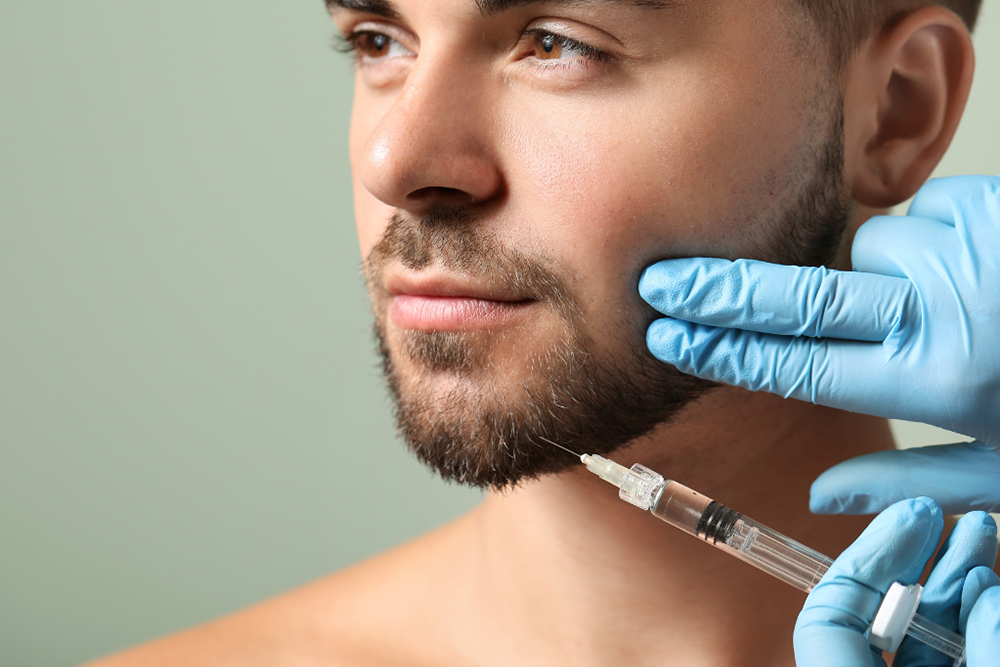
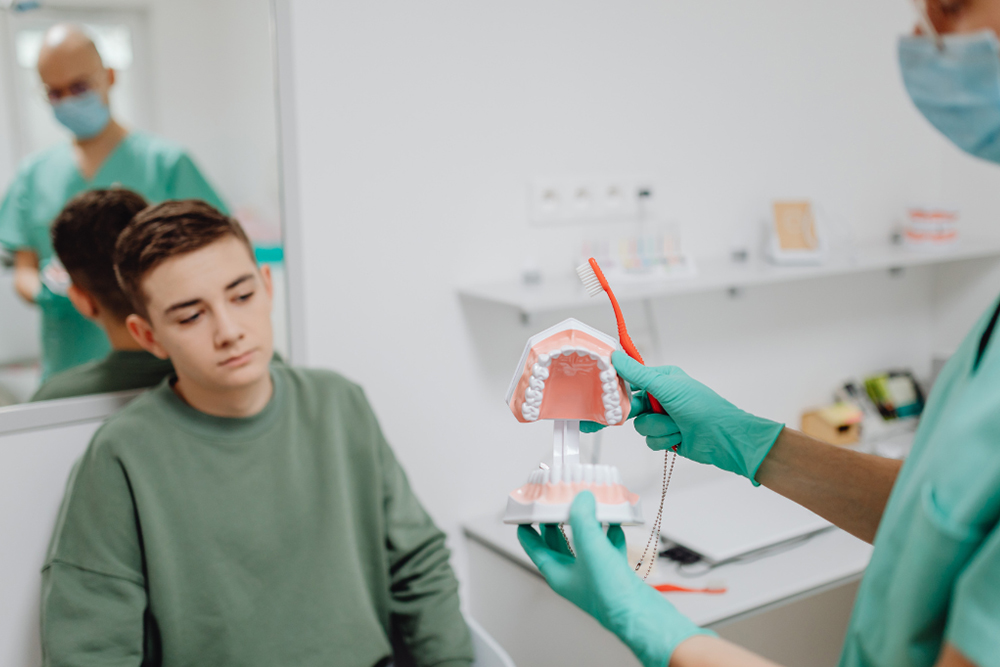

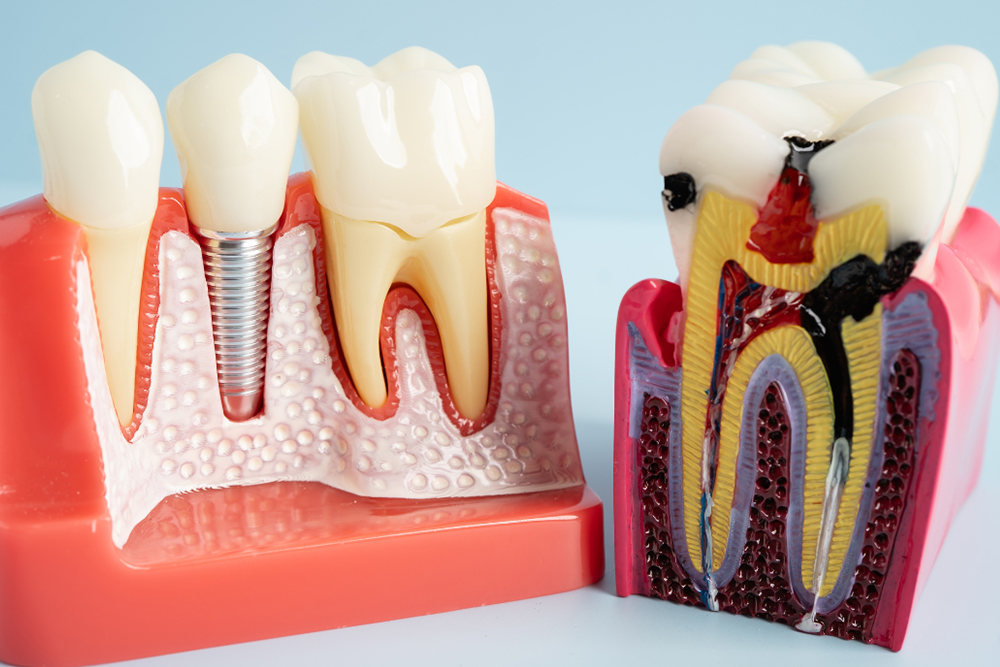
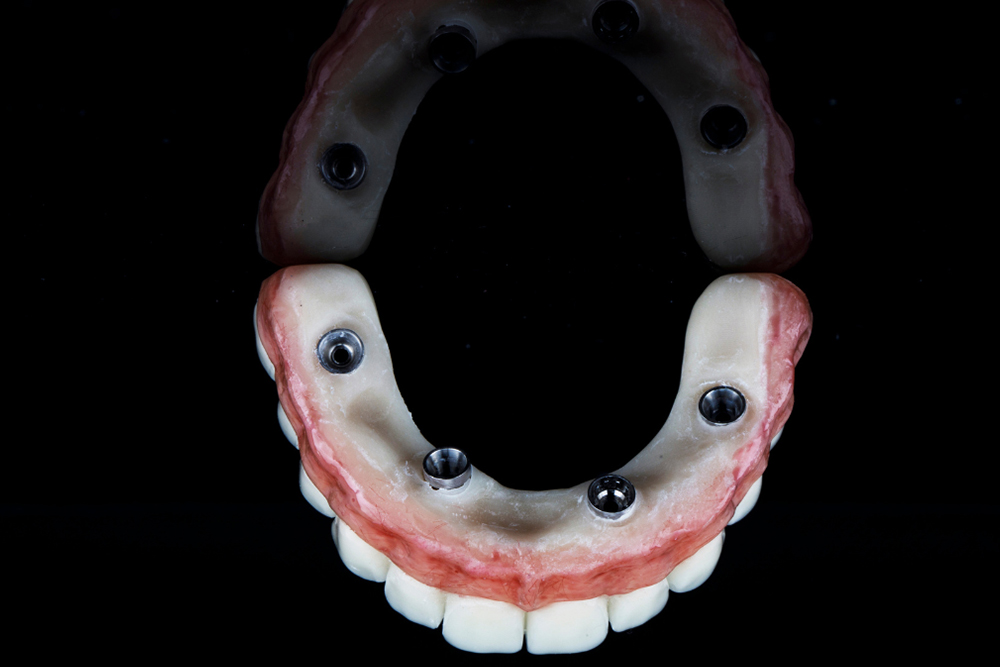
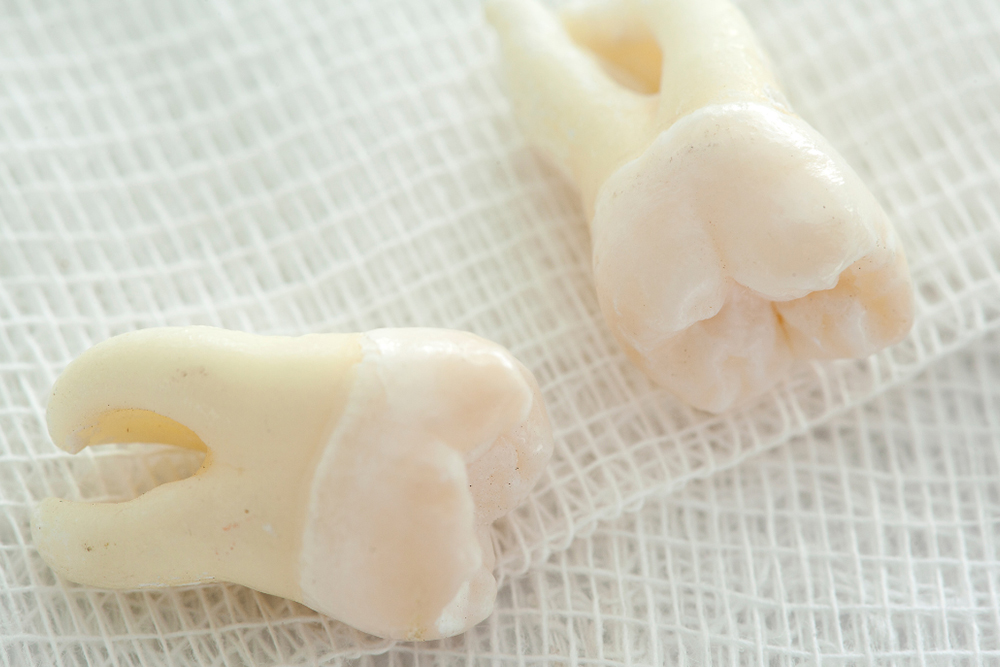
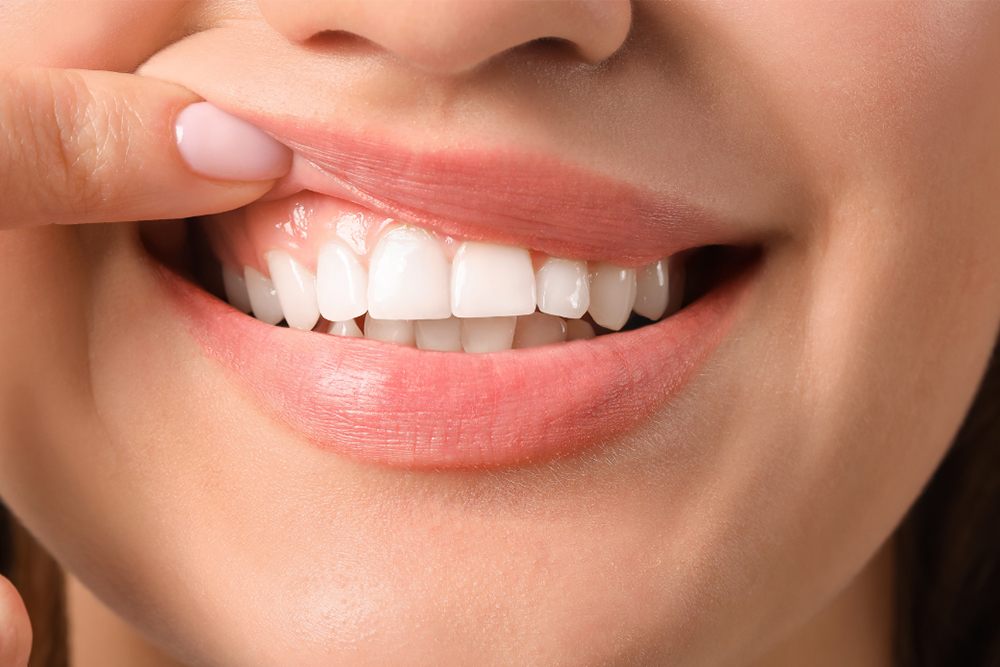
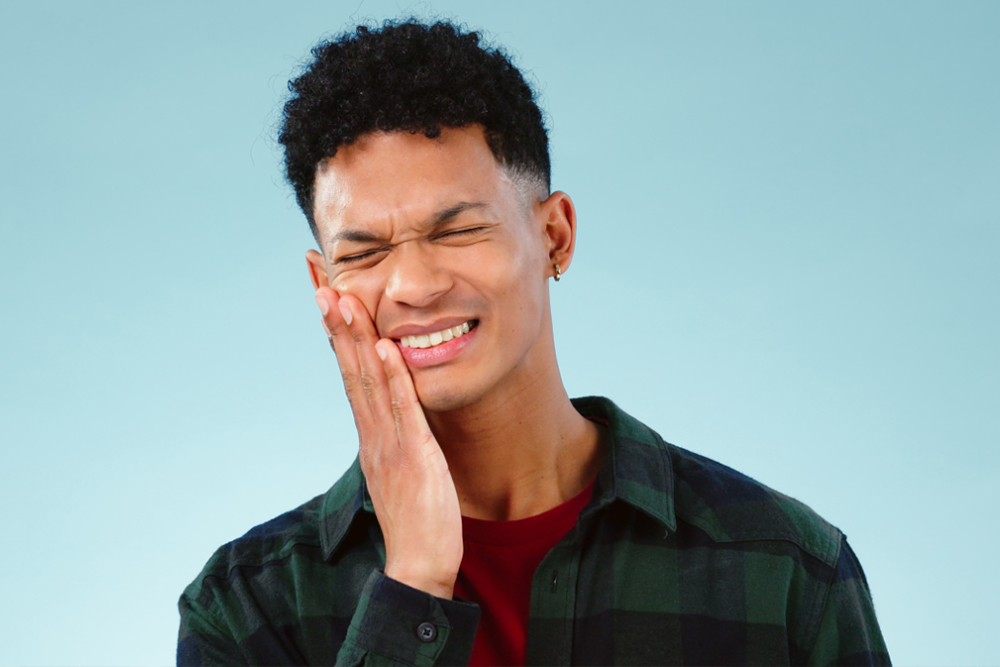

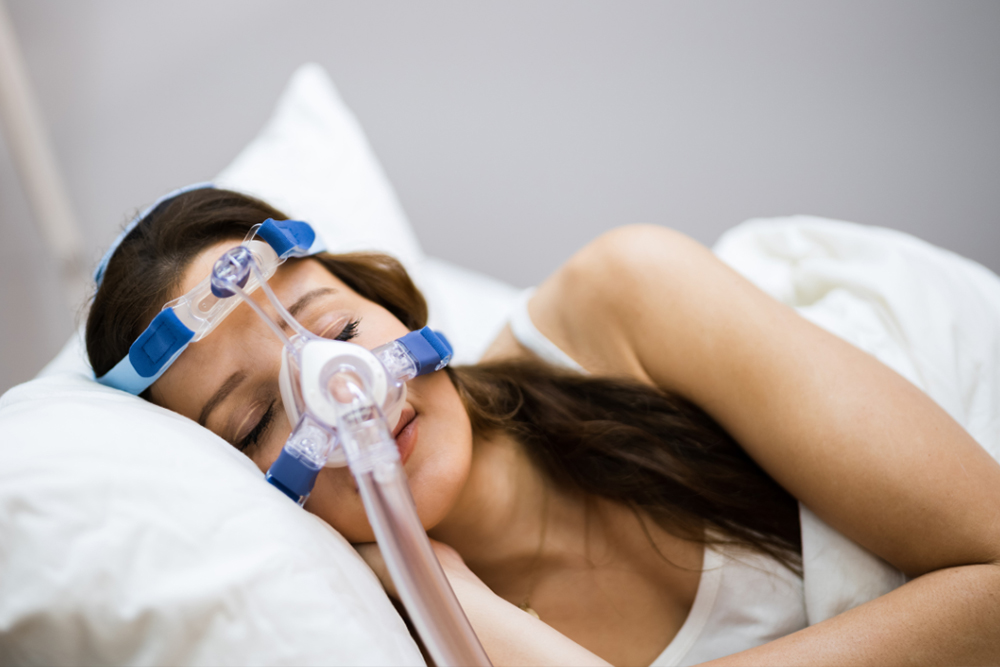
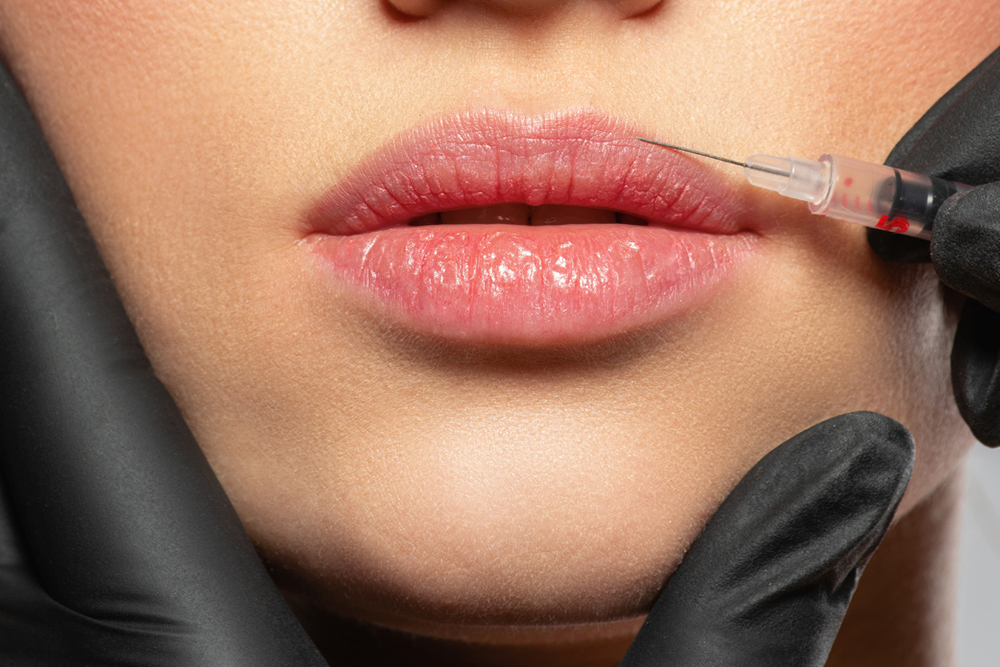
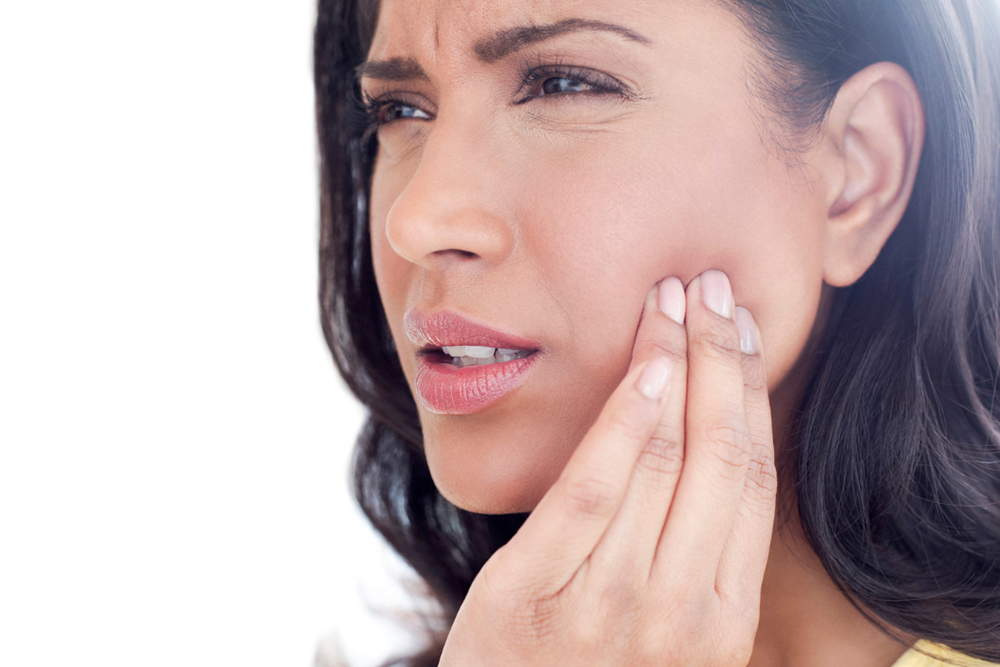
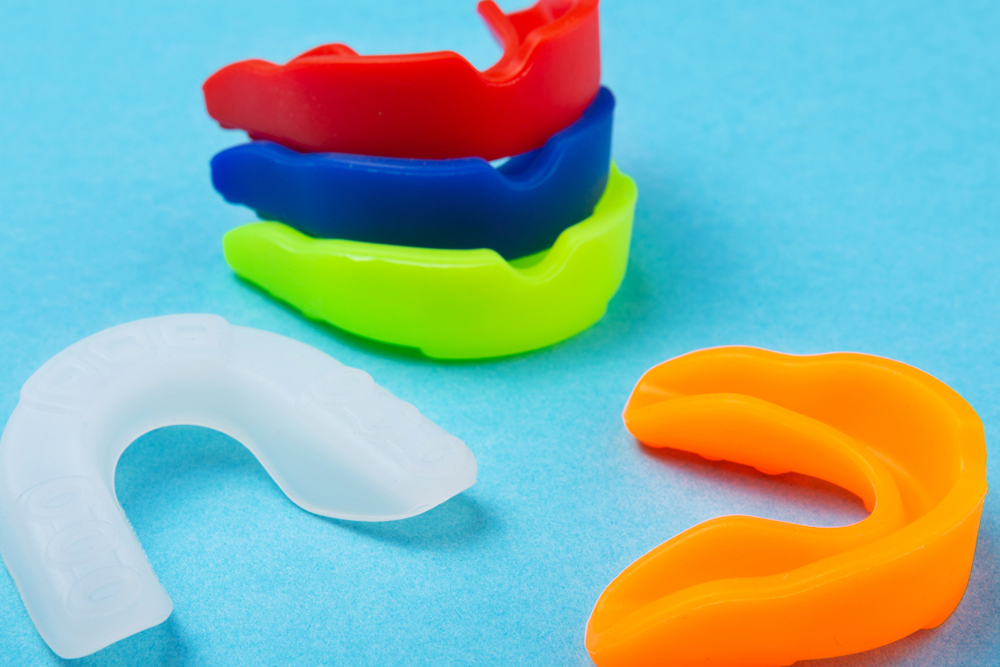
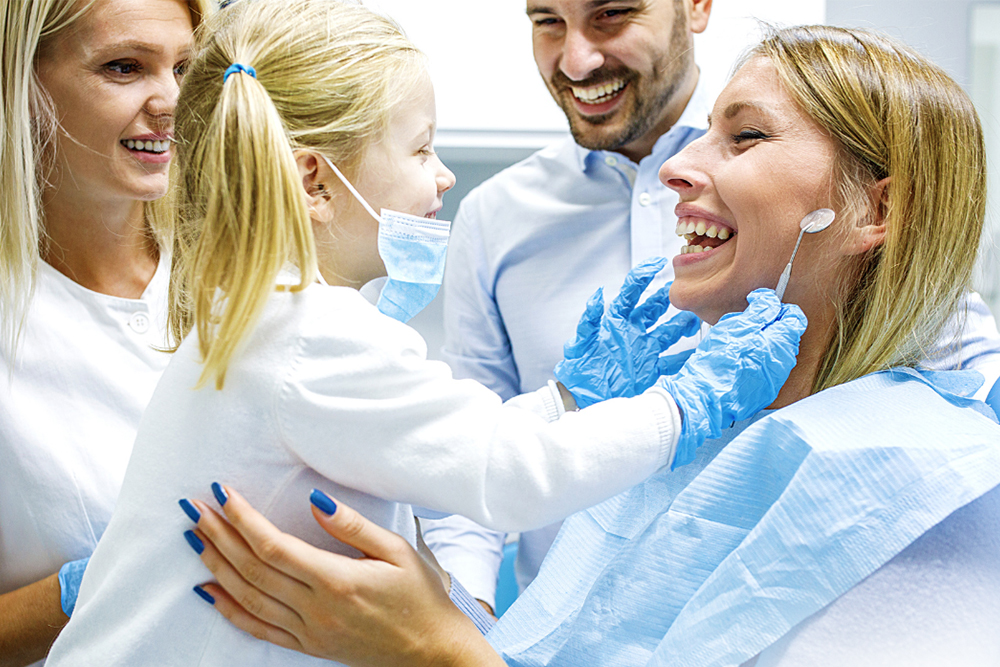
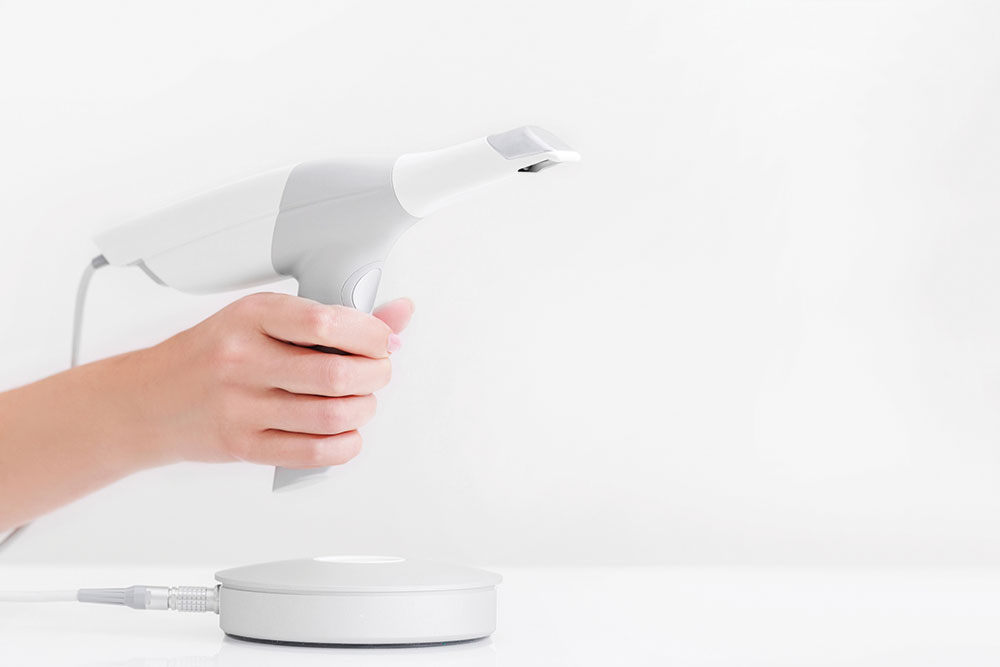

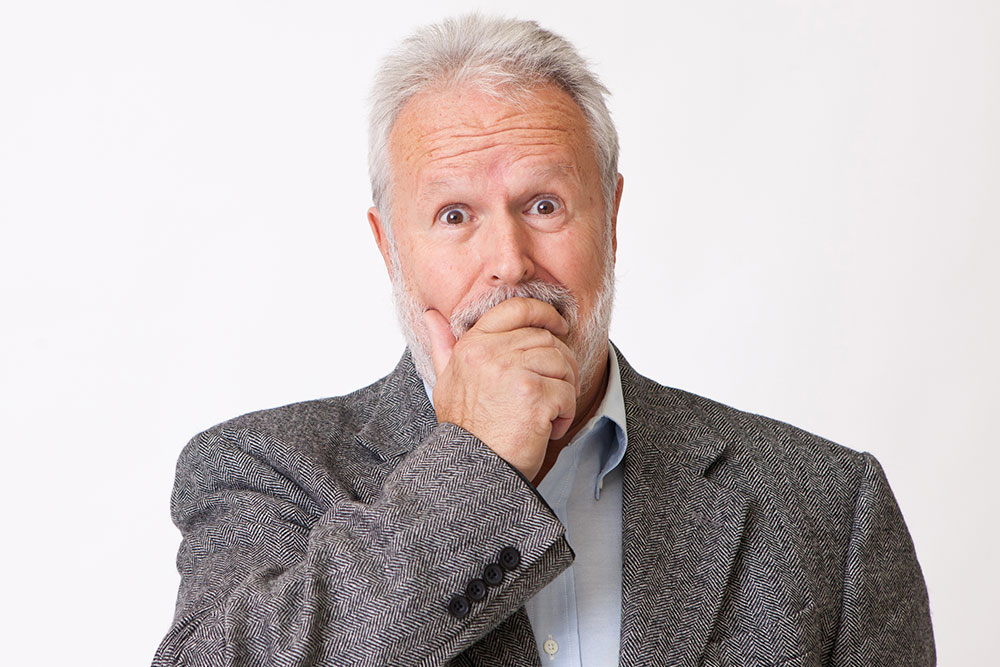

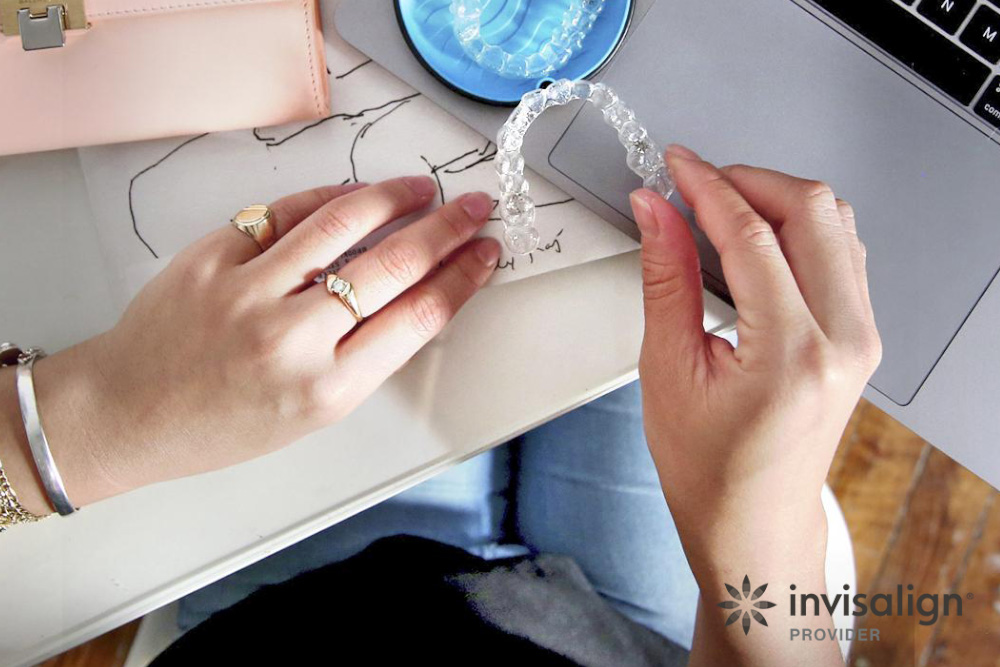
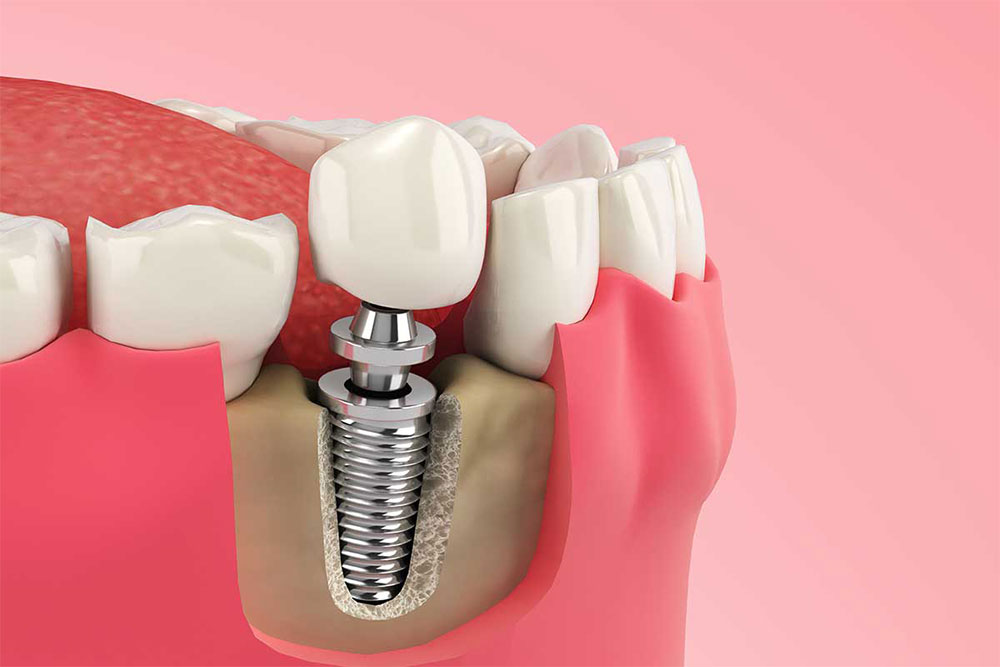
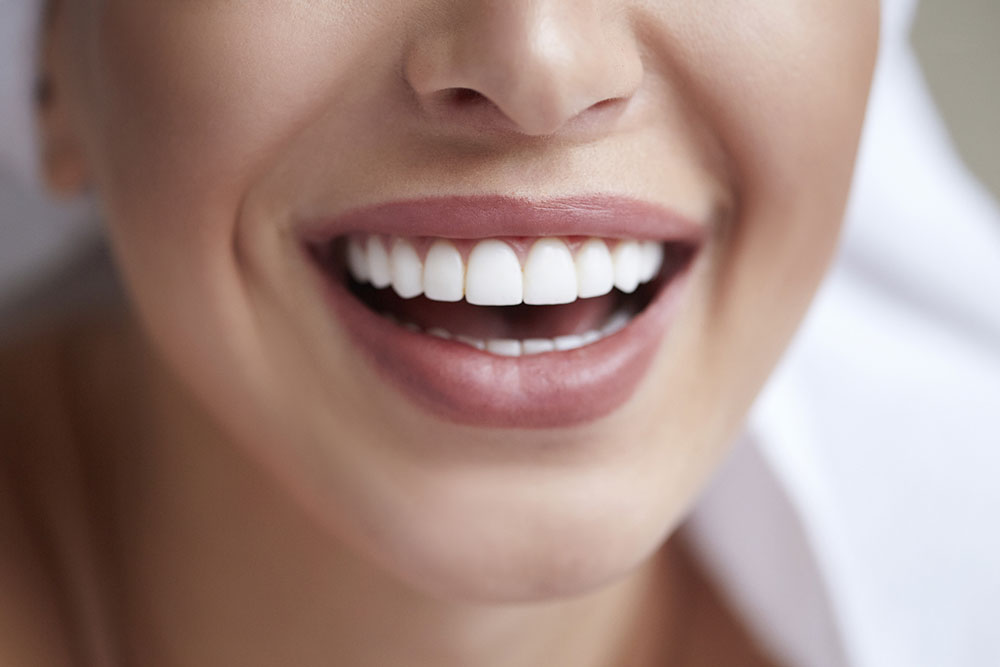


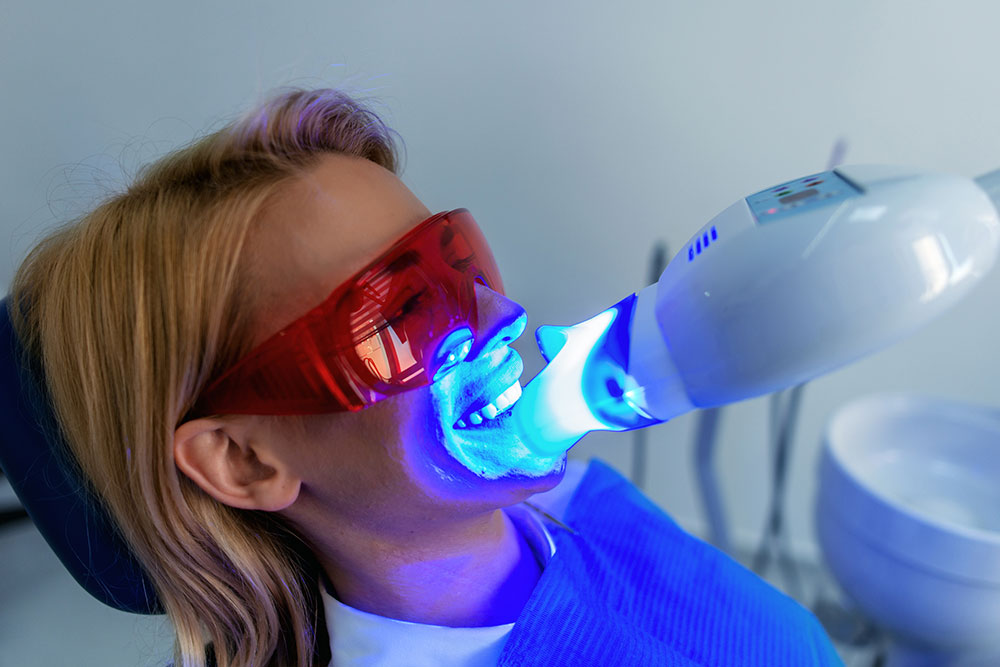
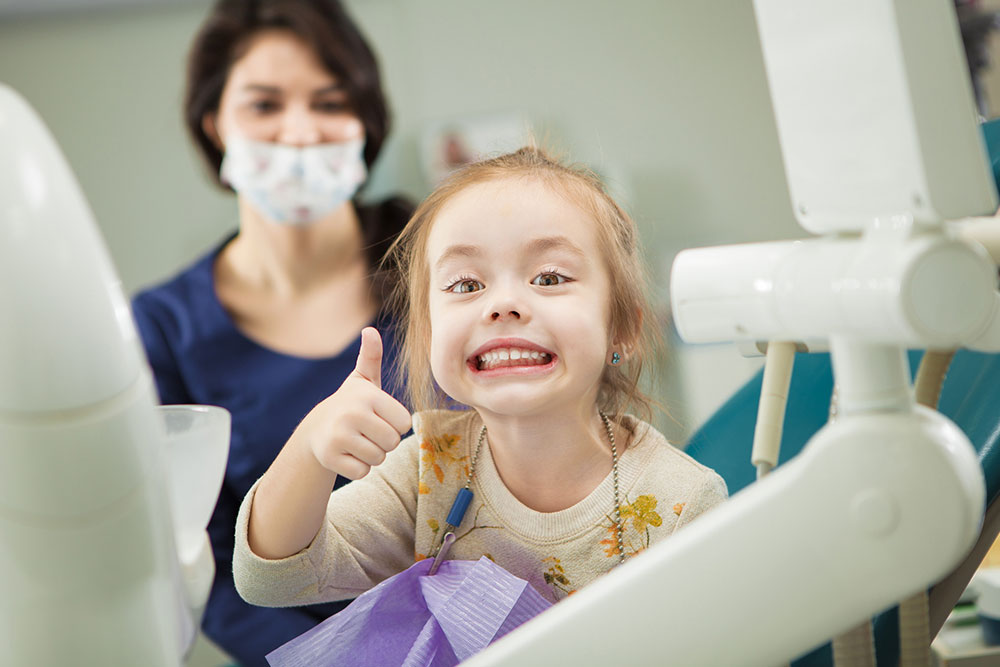

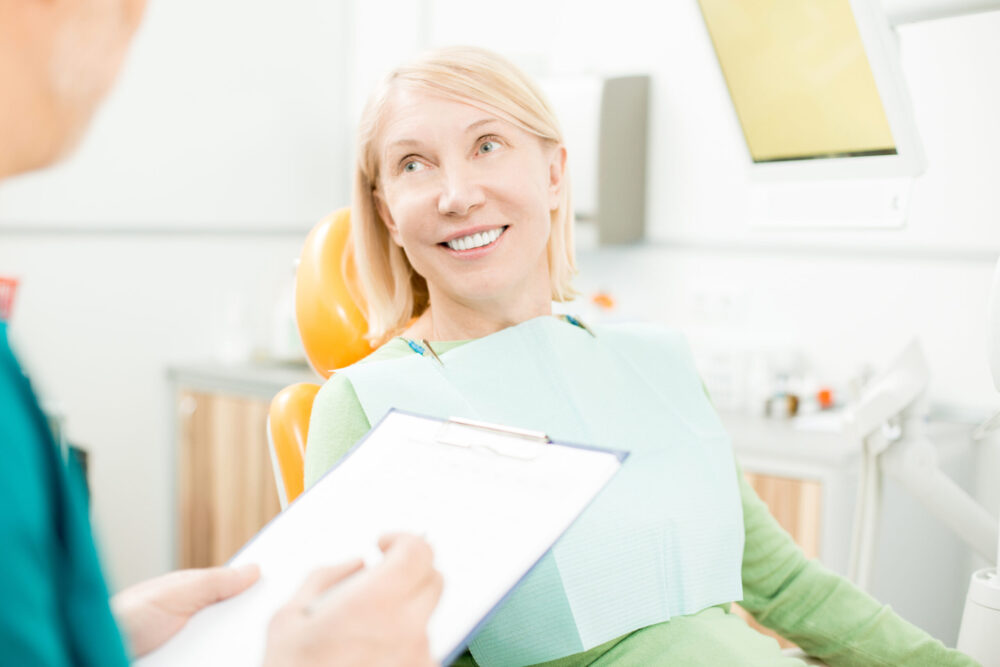


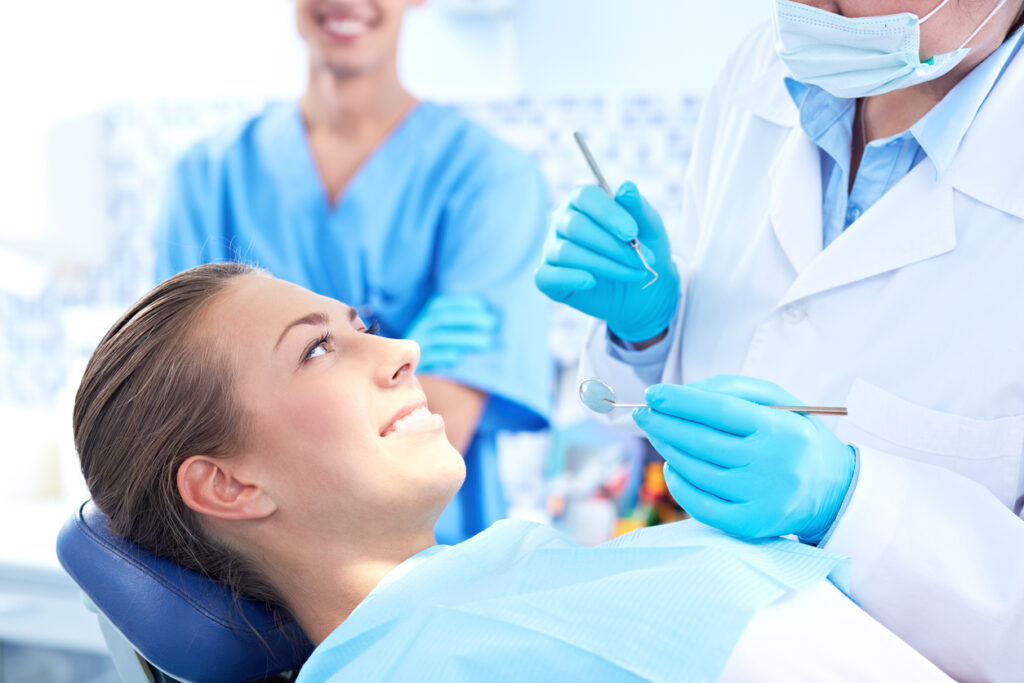
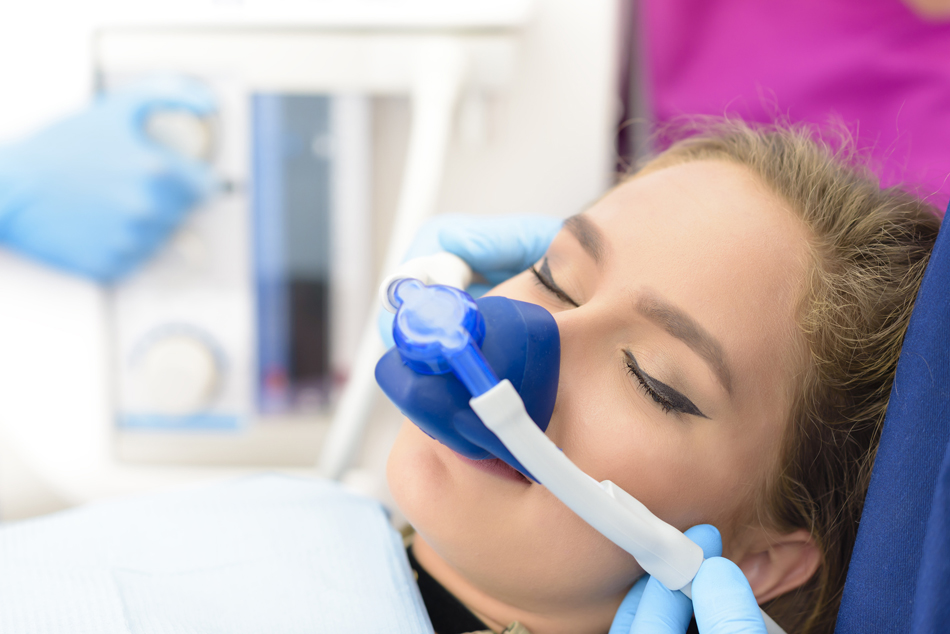

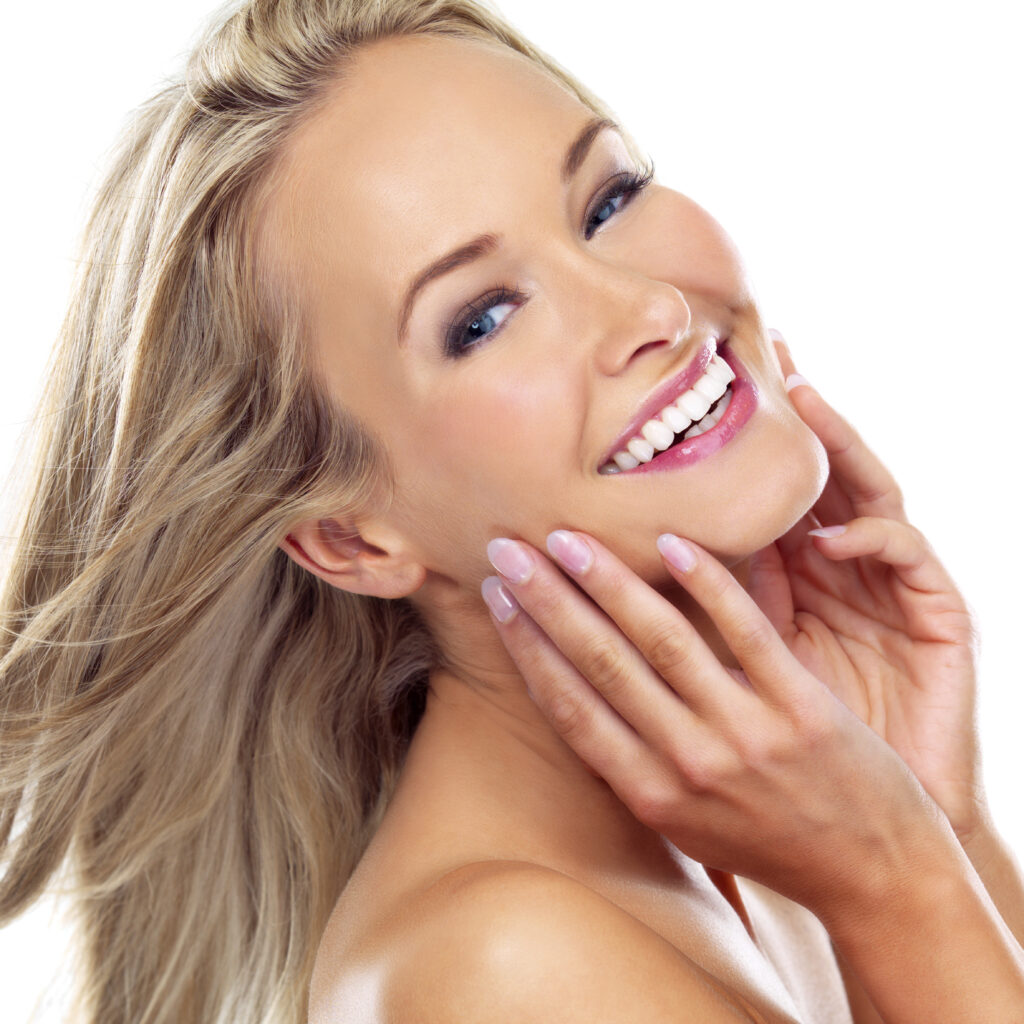
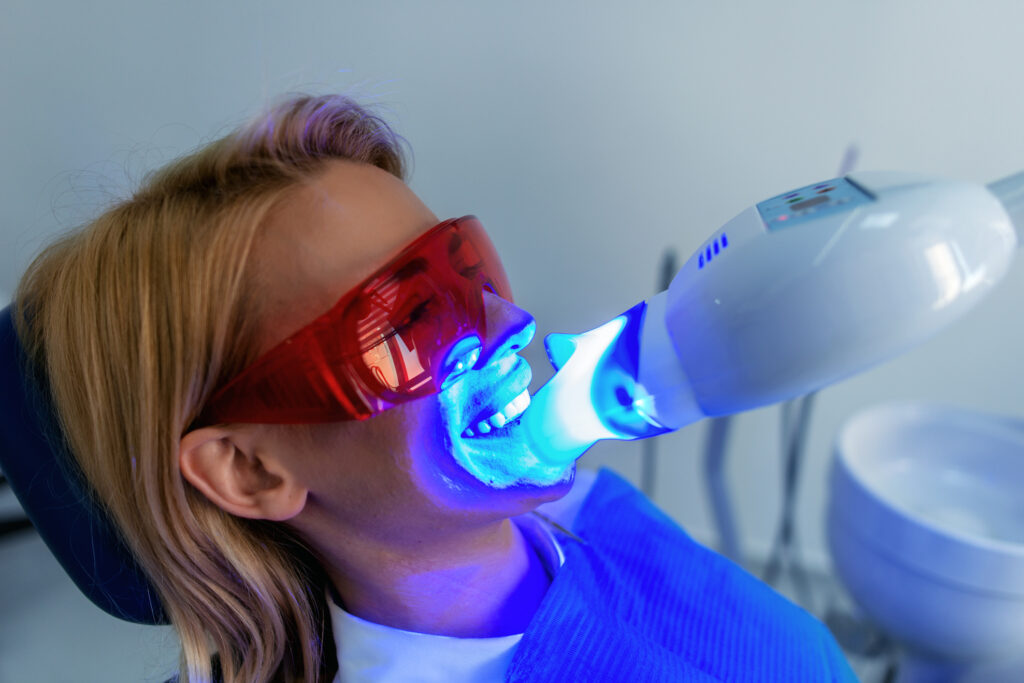
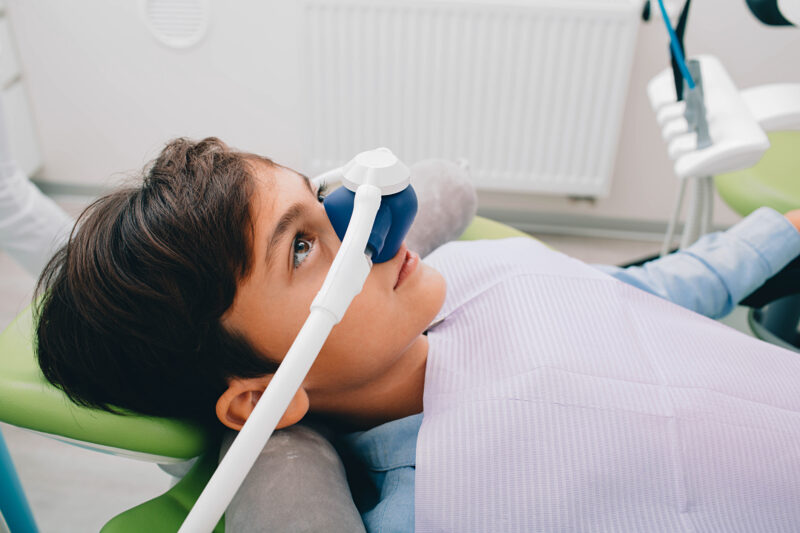
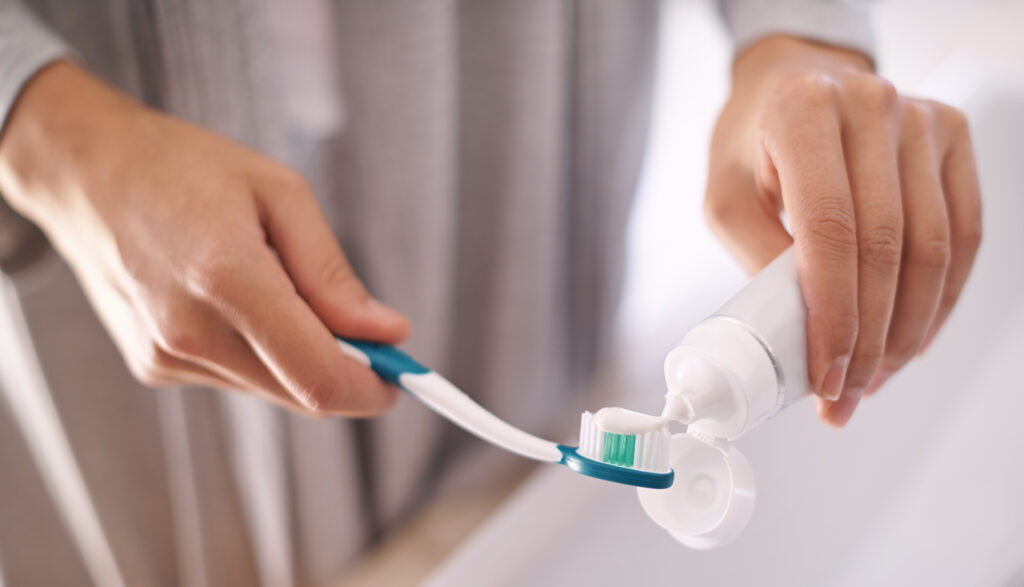
We Are Here to Help You
Whitby, ON, L1N 4M9
905-430-7045
905-430-7284
info@dwdentistry.ca




